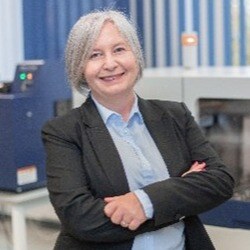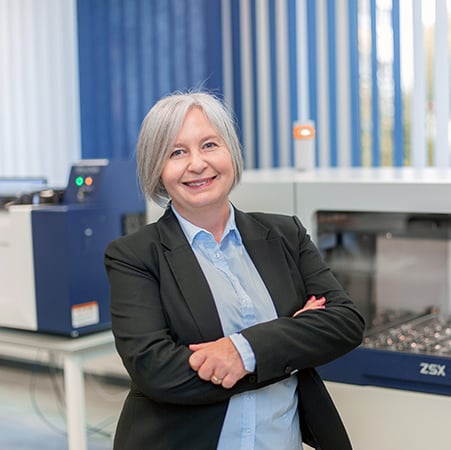This session will focus on Refuse Derived Fuel (RDF)—produced from non-recyclable municipal, commercial, or industrial waste—and its application as a secondary fuel in clinker manufacturing. RDF contributes to reduced landfill waste, decreases coal usage by approximately 10%, and offers a reliable energy source during supply shortages.
We will also discuss Tyre-Derived Fuel (TDF), created from shredded scrap tyres and commonly co-fired in cement kilns, power plants, waste-to-energy facilities, and paper mills. Currently, the cement industry is the largest user of TDF globally.
The use of RDF and TDF in cement kilns began in the 1950s and gained momentum in the mid-1980s. These alternative fuels consist largely of combustible materials such as plastics (excluding PVC), wood, cardboard, and paper.
As cement production demands strict quality and environmental standards, accurate fuel characterization is essential. The webinar will highlight Wavelength Dispersive X-Ray Fluorescence (WDXRF) as a practical, cost-efficient method for determining the elemental composition of alternative fuels. In addition, sample preparation techniques and the influence of fuel and ash composition on clinker quality will be discussed.
Topics Covered:
- Analytical considerations for RDF and TDF in cement kilns
- WDXRF as a tool for routine analysis of fuel and ash
- Methods for sample preparation and correction of matrix effects
- Interpretation of XRF results for informed fuel blending and quality control
Who Should Attend?
This webinar is ideal for professionals working in:
- Cement production and construction materials
- Alternative fuel sourcing and waste management
- Environmental testing laboratories
- Process engineering and quality control
Presenter

Rigaku | Germany
Carmen Kaiser-Brügmann is an analytical chemist with over 23 years of experience specializing in XRF applications. Prior to joining Rigaku, she worked for PPC Cement in South Africa, where she was responsible for reliable analytical data and accurate sample preparation for XRF analysis in various Industrial sites. Carmen is well known for her extensive technical support including demonstrations, feasibility studies, XRF training and method development. Connect with Carmen Kaiser-Brügmann LinkedIn .

Contact Us
Whether you're interested in getting a quote, want a demo, need technical support, or simply have a question, we're here to help.

Subscribe to the Bridge newsletter
Stay up to date with materials analysis news and upcoming conferences, webinars and podcasts, as well as learning new analytical techniques and applications.
